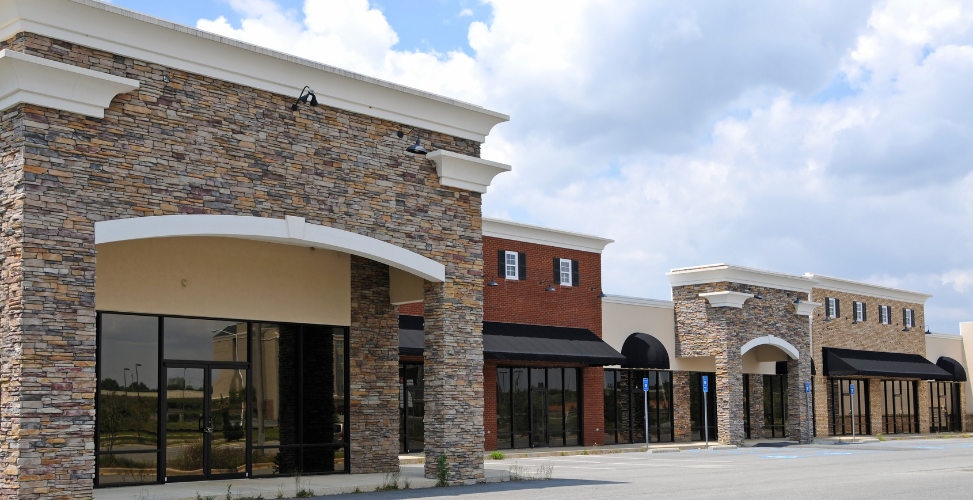Buying and Selling Comes with Peaks, and Valleys
Purchasing or selling a property?
First time? Repeat buyer or seller?
We’ve got you covered.


Residential (One-, two- and three-family homes)
Having lived in more houses than most, we know a lot about buying and selling. Packing and moving. It’s fun! Or so we tell the kids.
Most folks looking to buy or sell residential real estate deal with a single-family property. Some have multi-family properties; the concept of living in one and renting the other was attractive at some point. Yet, it may have been an investment all along.
Common timelines exist in the land of residential sales and purchases. The following is a very general road map:
- Binder (Offer) accepted
- Inspection
- Contract preparation by seller’s attorney
- Contract review by purchaser’s attorney
- Purchaser executes contract, issues down payment, and delivers to seller’s attorney
- Seller’s attorney reviews contract and check received, and seller countersigns
- Fully executed contract delivered to all parties (and lender, if any)
- Purchaser’s attorney orders title report and municipal search
- Purchaser works independently with lender (if any) to provide financials
- Lender orders appraisal
- Appraisal report received; Gov’t-backed loan – repairs requested addressed (if any)
- Title report received by purchaser’s attorney; disbursed to seller and lender
- Seller’s attorney addresses any issues; lender’s counsel reviews for sufficiency
- Lender issues formal commitment
- Lender and purchaser work to clear any commitment conditions
- Lender’s counsel receives “clear to close”
- Mutually convenient time scheduled for closing (often at office of lender’s attorney)
When all the pieces fall in place, the experience can (and should) be a positive one. The seller sells. The buyer buys. Keys exchange hands. And the house has a new life
Have questions? Need help? Let us know.
Commercial real estate is generally that which is used for profit. Compared to residential property that’s primarily used for dwelling purposes (to live in). Some categories of commercial real estate include:
- apartment buildings (usually 4 units or larger)
- mixed-use property (commercial and residential uses permitted)
- commercial or business property occupied by tenants
- property occupied by existing business, or one to be established
- vacant land zoned for commercial or business use
Those looking to sell or purchase commercial property may need help brainstorming. Looking at the current and future uses of the property. Or putting together the right team of professionals to see the sale, or purchase, through to completion. We enjoy being part of that team, and helping to:
- perform due diligence with respect to zoning and usage
- refer clients to other professionals, such as surveyors and engineers
- interpret laws surrounding the current or proposed use
- appear at zoning and planning board meetings
When it comes to planning and zoning, some clients do their homework before making an offer.
Others realize that a current or proposed use requires approvals. Some clients rely solely on other professionals, such as engineers, to handle all planning and zoning matters. For those that don’t, we’ve stepped in to:
- obtain site plan approval
- subdivide land
- consolidate land
- obtain use variances
- obtain area variances
- obtain conditional use permits
In short, whether you’re thinking about a commercial property or already have one in mind, we invite you to contact our office to discuss it. The opportunities. Potential pitfalls. And, everything in between.
Throughout the Delaware River Corridor, in cities and towns such as Port Jervis, Deerpark, Highland, Tusten, and north, we’re seeing the resurgence of the small-town way of life. Much like the development along the Hudson River on the eastern side of Orange County, New York, people are grabbing affordable commercial parcels. Then investing in them, and the people of the communities where they lay.
Our firm enjoys helping small businesses develop. Bringing vacant parcels and properties back to life. Or even brainstorming the possibilities.
Have questions? Ask us!
To the right: A scene from our majestic Delaware River Corridor, Which houses some Of the remaining, undeveloped land in our region.
This corridor serves as a continuing attraction for residential and commercial development of surrounding towns.

New to the rental business?
Pondering a potential purchase? Questioning its value?
There are various ways to value a commercial piece of property. Some will simply 100k online at county information for the fair market value. Others use a more advanced approach.
For properties that generate rents, the two most common ways to value a property are:
- taking a multiple of the rent roll; or,
- capitalizing the rents
Each has its own benefits. If you’d like specific information, give us a call and set up a consultation.
We’re happy to help you review the legal purchase and get some insight into valuation.
